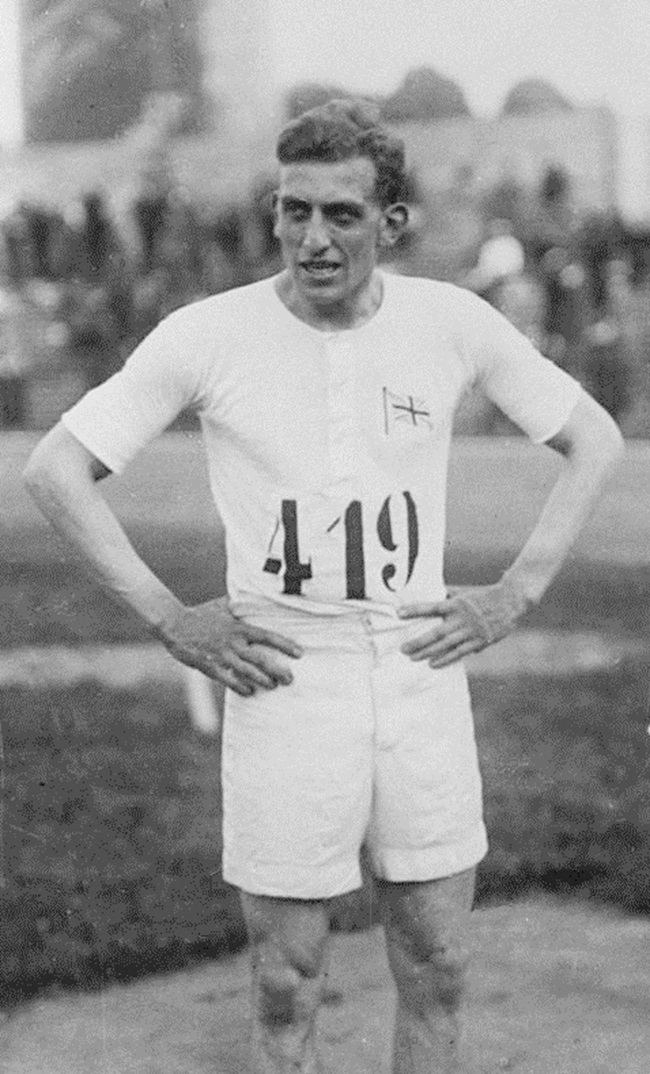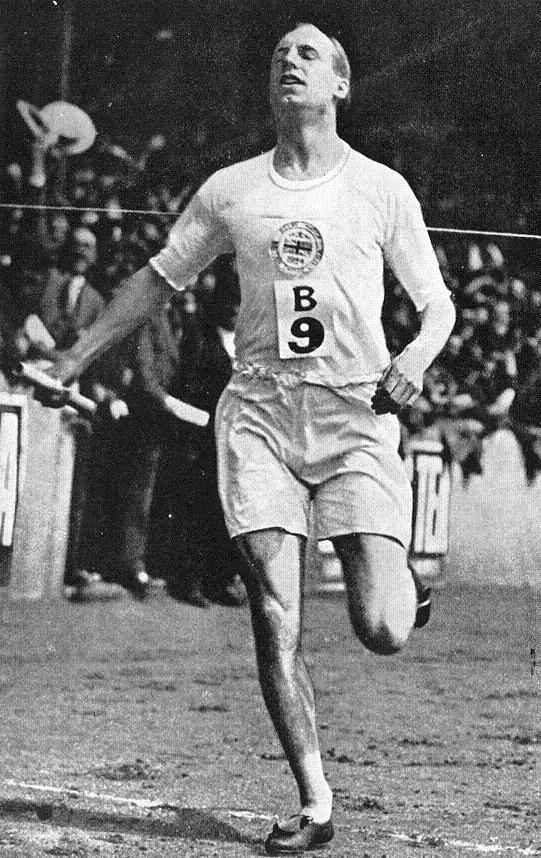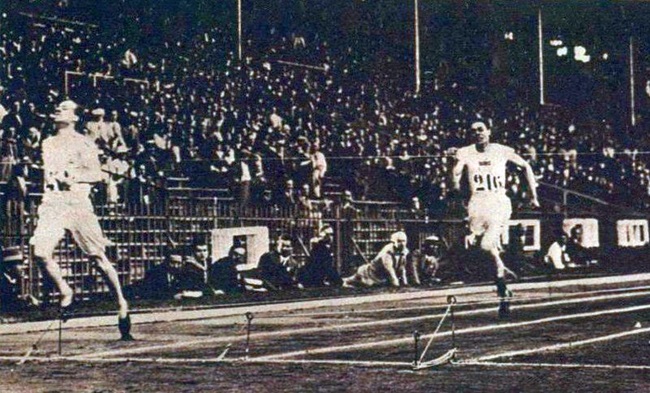Chariots of Fire at the 1924 Paris Olympics
- SUBSCRIBE
- ALREADY SUBSCRIBED?
BECOME A BONJOUR PARIS MEMBER
Gain full access to our collection of over 5,000 articles and bring the City of Light into your life. Just 60 USD per year.
Find out why you should become a member here.
Sign in
Fill in your credentials below.
The 1924 Paris Olympics witnessed the remarkable stories of two British athletes, Eric Liddell and Harold Abrahams, whose performances on the track not only earned them Olympic glory but also inspired generations to come.
Picture this: It’s the summer of 1924, and Paris is buzzing with Olympic fever. Among the sea of athletes, two British runners stand out – not just for their speed, but for their extraordinary stories that captivated the world.
First up, we have Harold Abrahams, a Cambridge lad with a chip on his shoulder and something to prove. After a disappointing performance at the 1920 Antwerp Olympics, Abrahams was determined to make his mark in Paris. He went all in, even hiring a personal coach – a move that raised more than a few eyebrows amongst his peers and college masters. On July 7th, 1924, Abrahams lined up for the 100-meter final, facing off against America’s finest sprinters. In a stunning display of speed, he crossed the finish line first, clocking a new Olympic record of 10.6 seconds and becoming Britain’s first Olympic 100-meter champion.

Harold Abrahams at the 1924 Olympics. Unknown author. Public domain.
Eric Liddell’s path to Olympic glory was markedly different. A devout Christian, Liddell made headlines even before the Games began by refusing to compete in the 100-meter event, his strongest discipline, because the heats were scheduled on a Sunday. This decision, made months in advance, was widely criticized as unpatriotic. Undeterred, Liddell focused his training on the 200-meter and 400-meter races. On July 8th, Liddell competed in the 200-meter final, where he faced off against Abrahams and a field dominated by American sprinters. Liddell secured a bronze medal, while Abrahams finished sixth.
But Liddell’s finest hour was yet to come. On July 11th, he was unfortunately assigned the unfavorable outside lane in the 400-meter final. However, that morning he had received a slip of paper from a team member with a biblical message. Inspired, he employed a strategy that left spectators and competitors alike in awe – he sprinted from start to finish. As Liddell crossed the finish line, the crowd erupted. Not only had he won gold, but he’d also smashed the world record with a time of 47.6 seconds. Speaking to The Guardian later, he said “I ran the first 200m as quickly as I could and, with the help of God, I ran the next 200m even more strongly.”

Eric Liddell in 1924. Unknown author. Public domain.
These victories were more than just athletic triumphs. Abrahams, a Jewish athlete, had challenged stereotypes and broke barriers. Liddell’s unwavering commitment to his faith, even at the potential cost of Olympic glory, showcased the power of personal conviction and inspired millions.
Their stories have since become the stuff of legend, immortalized in the 1981 Oscar-winning film Chariots of Fire. While the film takes some liberties with historical accuracy, it captures the essence of their remarkable journeys and the spirit of the 1924 Paris Olympics.
After the Games, Abrahams and Liddell took divergent paths. Abrahams’ athletic career was cut short by injury, but he went on to become a prominent sports journalist and administrator. Liddell returned to China to continue his family’s missionary work, where he tragically died in a Japanese internment camp in 1945.
The 1924 Paris Olympics, through the triumphs of Abrahams and Liddell, weren’t just about medals and records. They showcased the power of determination, faith and human spirit. Their legacies continue to inspire, proving that sometimes, the most unforgettable Olympic moments happen when athletes run not just for gold, but for something greater.
Lead photo credit : Eric Liddell, Le Miroir des sports. Public domain, via Wikimedia Commons
More in 2024 Olympics, history, Olympics, Paris Olympics, sport




